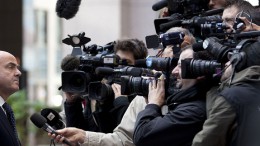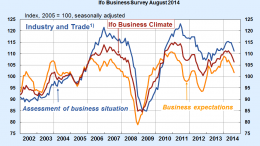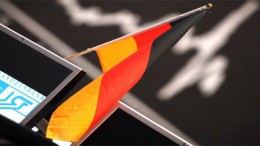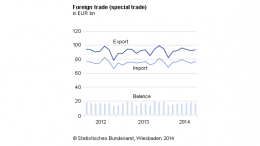A QE would be key for Germany, France and Italy to overcome their current stagnation
MADRID | By Francisco López | Are there reasons for such optimism after Draghi’s words in Jackson Hole? Yes, but only if Draghi dares to execute a program of sovereign debt purchases immediately. It happens that not all experts are clear that it will be the case. Especially, because the package of measures adopted by the ECB in June has still not been implemented: two TLTROs auctions and the Asset-Backed Securities (ABS) program. Would it not be better to wait to check the effects of these measures?






